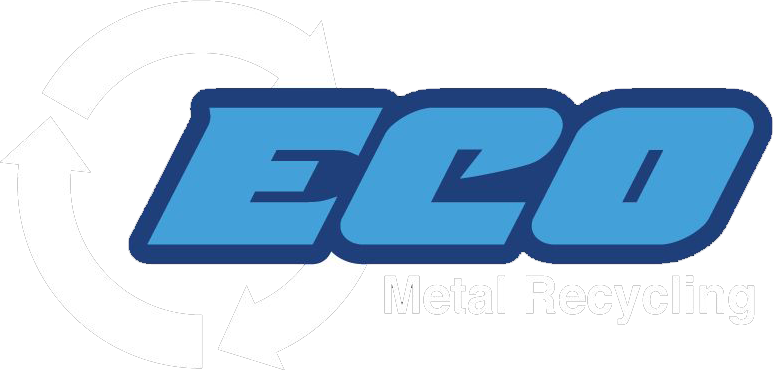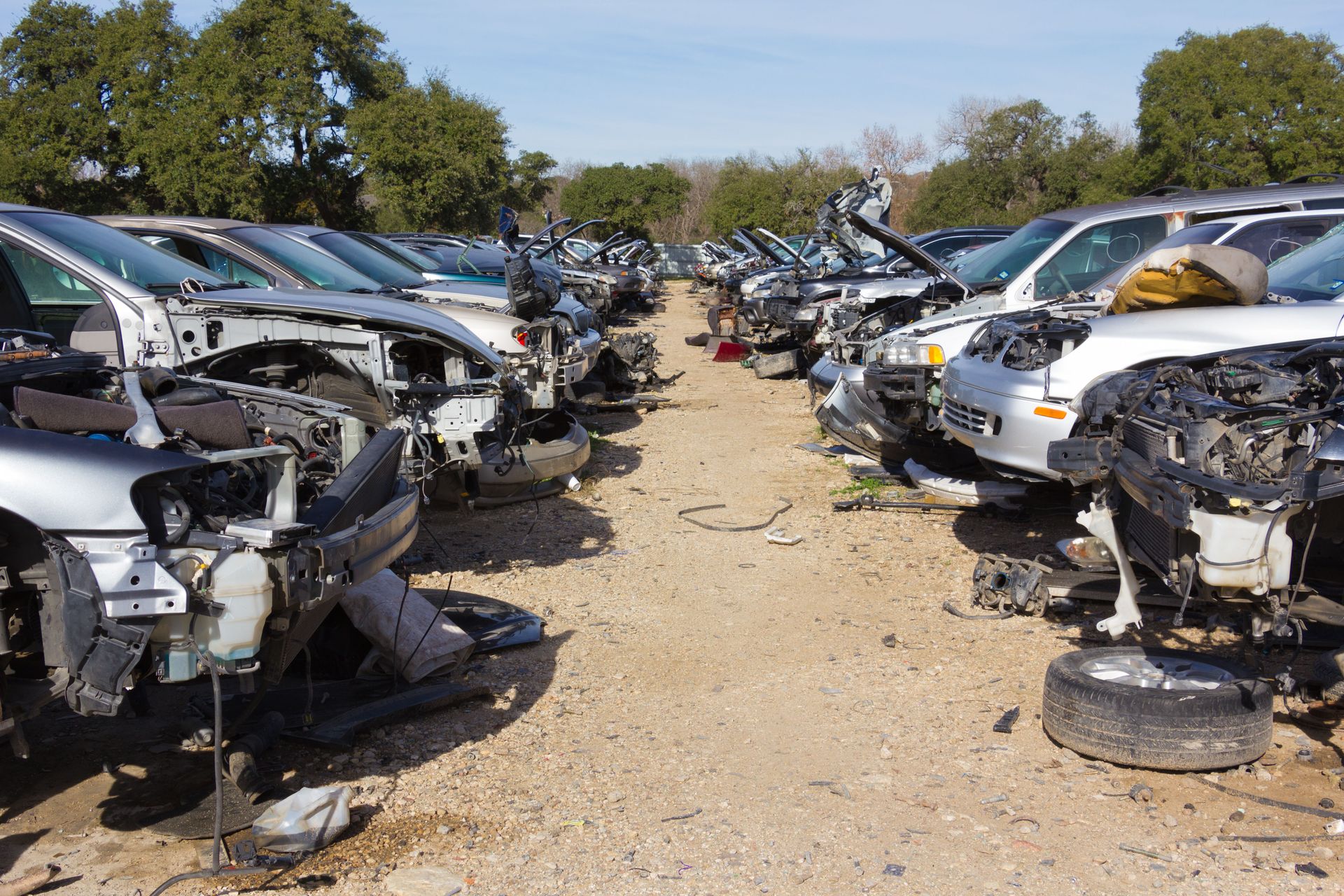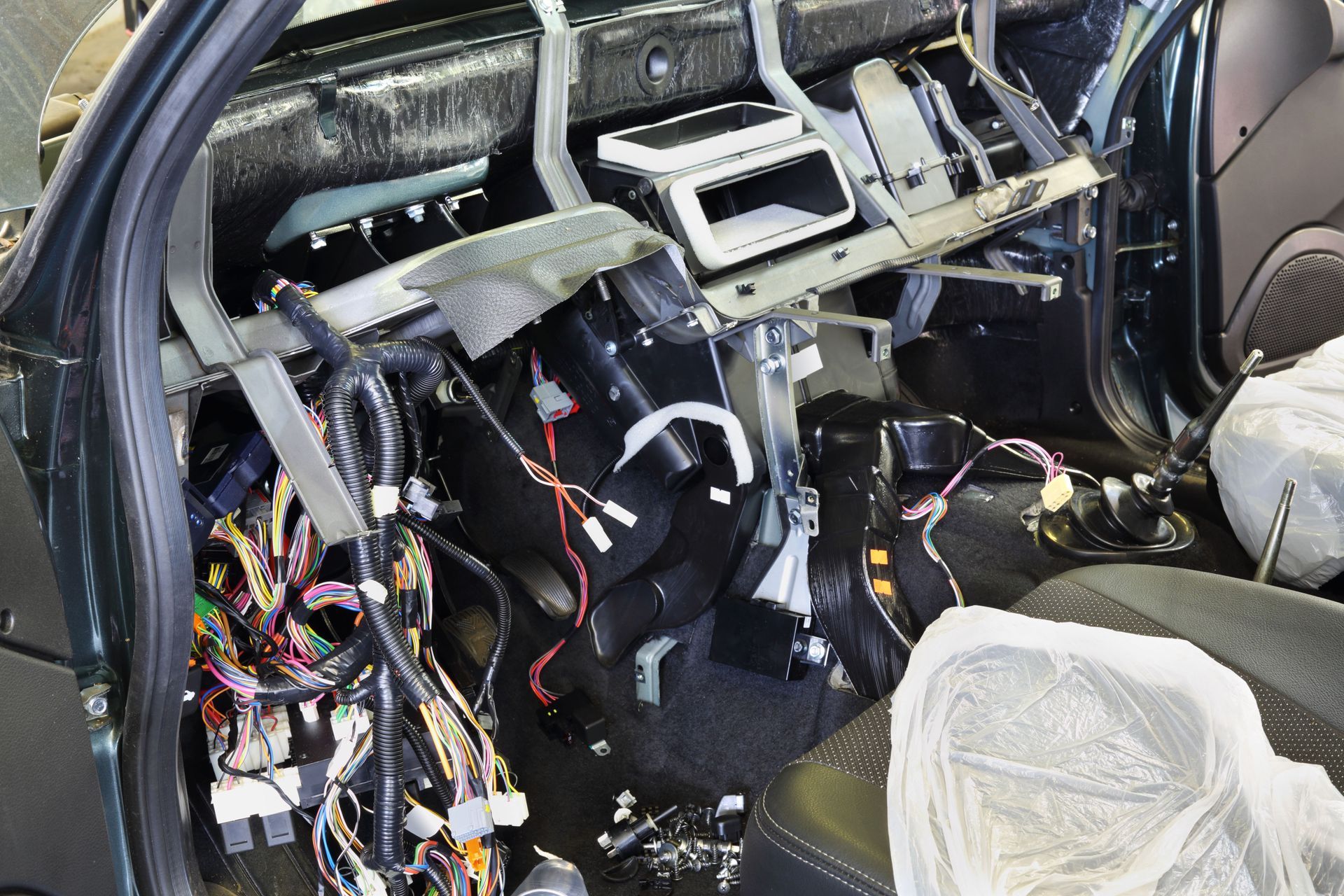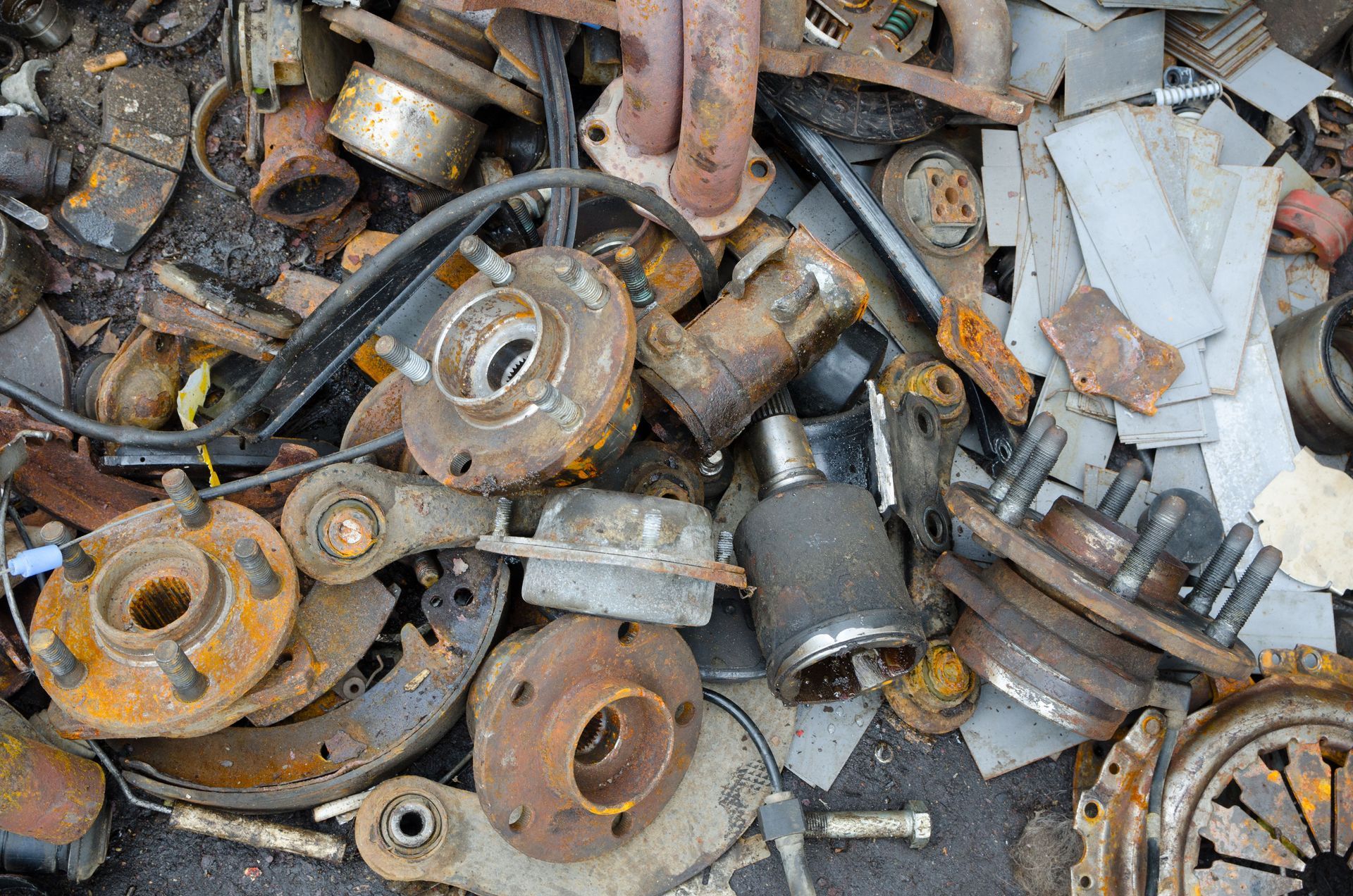The Benefits of Selling Your Old Car to a Recycling Yard
In today’s automotive landscape, consumers have more choices than ever when it comes to purchasing vehicles and managing the life cycle of older cars. For auto buyers, finding the right vehicle involves more than just evaluating price tags—it requires balancing reliability, long-term value, and sustainability. Buying a car has always been about meeting practical needs like transportation, but in recent years, many consumers also weigh factors such as eco-friendliness, technology upgrades, and resale value. At the same time, understanding what happens when a car reaches the end of its life is just as important.
As cars age and reach the end of their road life, auto recycling plays a crucial role in reducing waste while providing affordable parts and environmental benefits. By exploring how the two sides of the market—buying and recycling—work together, homeowners and families can make smarter financial and ecological decisions. Here are the factors that matter most to auto buyers, explain how recycling supports the industry, and outline why both steps are essential for a sustainable future.
Meeting the Needs of Today’s Auto Buyers
Auto buyers often approach the purchasing process with both excitement and caution. For many, a car represents one of the largest investments they will make outside of a home, so choosing wisely is critical. Some prioritize cost savings, whether through financing options, used vehicle purchases, or certified pre-owned programs. Others focus on safety ratings, mileage, and technology features that suit their lifestyles. In recent years, there has been a growing interest in fuel efficiency and hybrid or electric vehicles, especially as fuel costs fluctuate and environmental awareness becomes more widespread.
What unites most auto buyers, however, is the desire for confidence in their purchase. A dependable vehicle offers peace of mind not only in daily commuting but also in long-term ownership. Researching vehicle history reports, comparing warranty coverage, and working with trusted dealerships are all ways consumers safeguard their investment. The decisions made by auto buyers ripple through the automotive industry, influencing production trends, dealership inventory, and even the recycling market, since every vehicle eventually reaches the end of its usable life.
Extending a Vehicle’s Life Through Recycling
While auto buyers often focus on the beginning of ownership, the story of a car extends far beyond the showroom or sales lot. When vehicles become too costly to maintain or suffer extensive damage, auto recycling ensures they do not simply take up space in landfills. Instead, valuable materials such as steel, aluminum, plastics, and glass are reclaimed and repurposed. According to The Zebra, roughly 12 million cars are sent to auto recycling yards each year. This staggering number highlights just how vital the recycling process is to managing waste and providing reusable resources for future manufacturing.
Auto recycling also supports the parts market, supplying affordable, high-quality components that extend the life of existing vehicles. This is particularly helpful for auto buyers who want to maintain older models without incurring the high cost of brand-new parts. The recycling industry has become a pillar of sustainability, reducing the need for raw materials and conserving energy, while also offering consumers cost-effective solutions.
Unlocking Financial Value from Old Cars
For many families and individuals, the financial aspects of both buying and recycling a car carry significant weight. Auto buyers often look for ways to stretch their budgets, and recycled parts offer a practical solution. Purchasing components from recycling yards can reduce repair costs considerably, which is especially valuable when a vehicle is out of warranty or requires extensive work. Beyond parts, selling an old or non-functioning car to a recycler provides immediate cash or credit, which can then be applied toward the purchase of a new or used vehicle.
This cycle creates a mutually beneficial system. Auto buyers get more value for their money when they purchase recycled parts, while those selling vehicles to recyclers gain compensation for a car that might otherwise sit unused. The economic advantages of recycling extend to the broader market as well, since salvaged materials lower production costs for manufacturers, indirectly stabilizing prices for consumers. By viewing auto recycling as part of the broader financial picture, auto buyers can better understand how today’s decisions connect to tomorrow’s savings.
Protecting the Environment by Recycling Vehicles
Beyond financial considerations, there are powerful environmental reasons for supporting auto recycling. Cars contain a wide range of materials, some of which can be hazardous if left unmanaged. Recycling prevents these substances from polluting soil and water while ensuring metals and plastics are reintroduced into production streams instead of being wasted. For auto buyers who are increasingly conscious of sustainability, understanding the environmental impact of car ownership is essential. Choosing a vehicle with good fuel efficiency or lower emissions is one step, but supporting recycling at the end of a car’s life completes the cycle.
The reduction of greenhouse gases through recycling is significant because reclaiming metals requires far less energy than producing new ones from raw materials. Additionally, keeping millions of vehicles out of landfills each year helps conserve space and reduces long-term environmental damage. For environmentally minded auto buyers, the decision to recycle an old car is as important as the choice to buy an eco-friendly one in the first place. These steps, taken together, illustrate how consumers can directly contribute to sustainability without sacrificing convenience or financial stability.
Making Informed Choices with Auto Recycling
Navigating the car market can be overwhelming, but informed decisions benefit both consumers and the environment. Auto buyers should begin by assessing their priorities, whether they revolve around affordability, performance, fuel economy, or sustainability. Researching options online, reading reviews, and consulting trusted mechanics can prevent costly mistakes. When older cars no longer meet their needs, choosing to recycle responsibly ensures that materials are reused rather than wasted.
Working with reputable recycling companies is also critical. Certified recyclers follow strict guidelines for processing vehicles, ensuring both environmental safety and quality parts for resale. For auto buyers, this means the components they purchase are reliable and tested, reducing the risks associated with unknown sources. Combining careful buying practices with responsible recycling creates a full-circle approach that maximizes value, safeguards the environment, and contributes to the overall health of the automotive industry.
The connection between auto buyers and auto recycling demonstrates the importance of looking at a vehicle’s entire life cycle. From the moment a consumer selects a car to the day it is recycled, every decision carries financial and environmental weight. Auto buyers drive demand for new and used vehicles, influence which parts are salvaged, and ultimately contribute to sustainability when they recycle responsibly. Recycling not only prevents waste but also provides affordable parts, supports manufacturing, and conserves natural resources.
By recognizing the financial, practical, and ecological benefits of both buying wisely and recycling responsibly, consumers can make choices that enhance their own lives while contributing to a healthier planet. The next time auto buyers step onto a lot or consider what to do with an aging vehicle, they should keep in mind that every decision shapes the future of the automotive industry. Whether purchasing a car that will serve them for years or ensuring that an old vehicle is recycled properly, consumers hold the power to drive both personal value and global impact. Ready to get the most value out of your old car while helping the environment? Trust Acres Auto Recycling to handle your vehicle responsibly and efficiently today.





Share On: